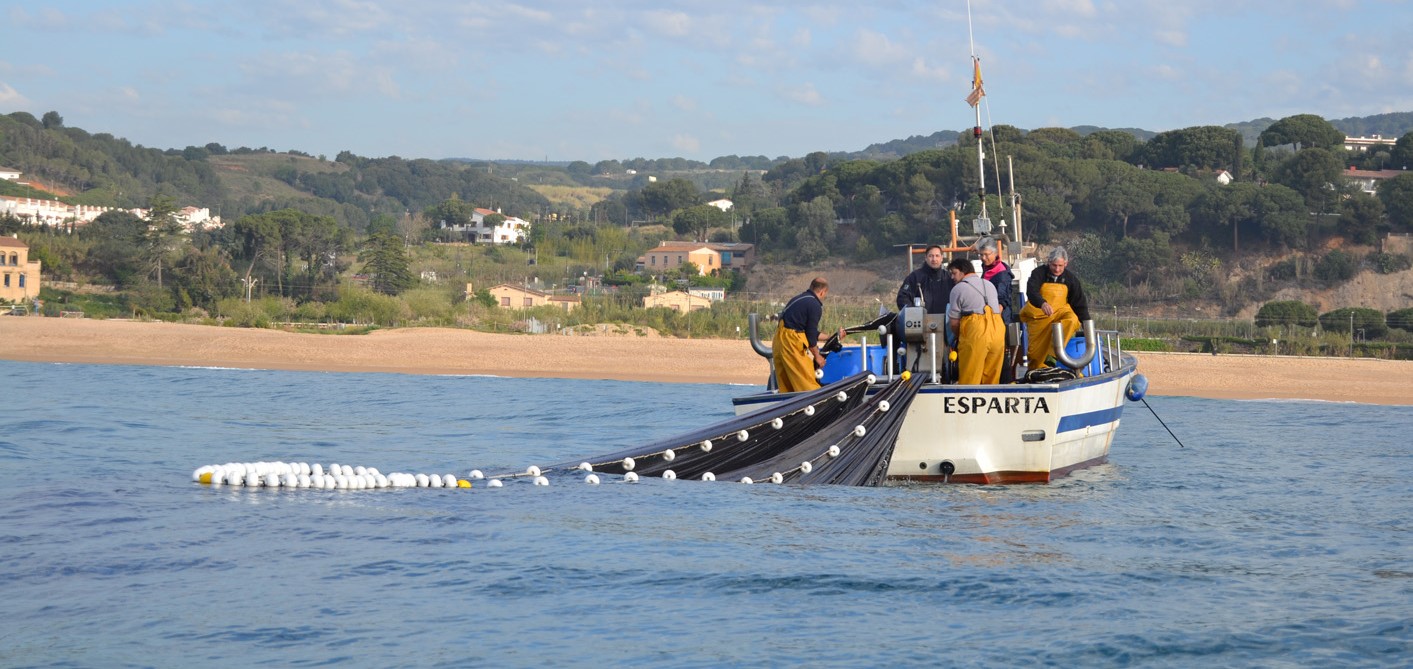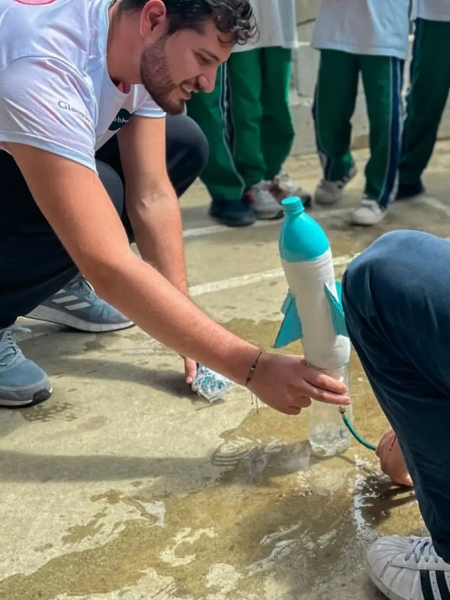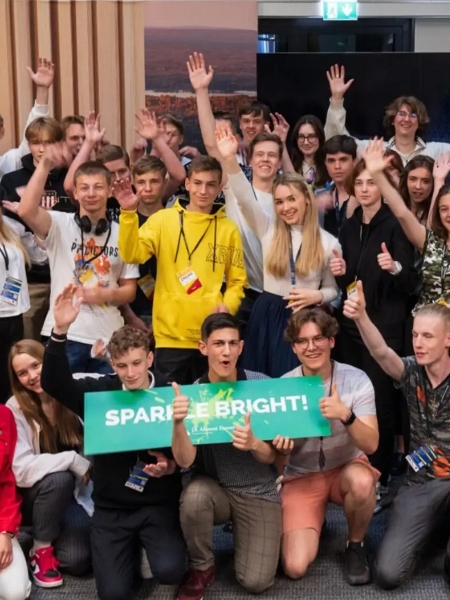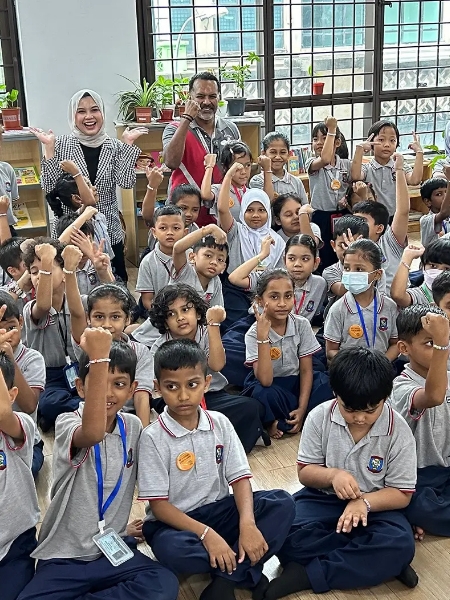WWF
Think Human Fund
Mission & History
WWF Spain, or World Wide Fund for Nature Spain, was established in 1968 as part of the global WWF network, which was founded in 1961. The Spanish branch has played a crucial role in expanding WWF’s conservation efforts to the Iberian Peninsula and its surrounding regions. WWF Spain focuses on biodiversity conservation, sustainable development, and climate action. Its mission is to conserve nature and combat threats to biodiversity, aiming for a future where people live in harmony with nature. Key mission areas include:
-Biodiversity Conservation: Protecting species and habitats, and restoring ecosystems.
-Sustainable Development: Promoting responsible practices in agriculture, forestry, and fisheries.
-Climate Change: Reducing emissions, supporting renewable energy, and enhancing climate resilience.
-Policy Influence:** Advocating for strong environmental regulations and sustainable policies.
Education and Awareness: Raising public awareness and promoting sustainable lifestyles.

Country Information
Coastal regions are home to vital ecosystems and nearly half of the global population. However, these regions are experiencing severe environmental stress. The Mediterranean, which is warming 20% faster than the global average, faces rising sea levels projected to exceed one meter by 2100, making it the fastest-warming and saltiest sea. Additionally, nearly 1,000 invasive species have been introduced, displacing native species essential to small-scale fisheries (SSF). SSF is crucial for nutrition, food security, and livelihoods, constituting 83% of the fishing fleet, contributing 15% of the total catch, 29% of revenue, and 57% of employment in the Mediterranean. Despite its significance, SSF fishers face vulnerabilities such as limited access to social protection and financial resources, exacerbated by climate change and challenges like COVID-19.
The Need
Mediterranean fisheries are struggling with over-exploitation, endangering the livelihoods of small-scale fishers and their families. SSF accounts for about 59% of onboard jobs in the region, amounting to approximately 134,300 direct positions. However, SSF practices can negatively impact certain species and sensitive habitats. Effective co-management with SSF communities is essential for better marine environment management and protection. Research shows that empowering coastal communities, including marginalized groups like women, enhances resource management and resilience. Women, who have historically played a vital role in SSF, often face undervaluation and lower pay. Increasing their involvement in resource management can lead to more sustainable practices due to their unique perspectives and cautious approach.
The Project We Fund
WWF Spain’s project builds on 15 years of work with SSF in Catalonia and the Balearic Islands. It focuses on improving fish stocks, protecting coastal resources, and reducing SSF’s carbon footprint with support from THF. The project includes:
– Improving Fish Stocks: Enhancing the health of marine resources.
– Increasing Investments: Supporting sustainable SSF practices.
– Strengthening Governance: Emphasizing gender inclusion in SSF management.
– Reducing Climate Impact: Lowering the carbon footprint of SSF operations.
The Result
Impact will be tracked using the following KPIs:
– Objective 1: By 2027, WWF Spain aims to fully implement the RPOA-SSF in Catalonia and the Balearic Islands, ensuring women’s inclusion in fisheries co-management.
– 1.1: Establish a fisherwomen’s organization in the Balearic Islands.
– 1.2: Complete six essential fishing analyses.
– Objective 2: By 2027, 50% of small-scale vessels in Catalonia and the Balearic Islands will adopt improved practices, reducing their ecological footprint.
– 2.1: Achieve a 30% reduction in CO2 emissions in one fleet from Catalonia or the Balearic Islands.







